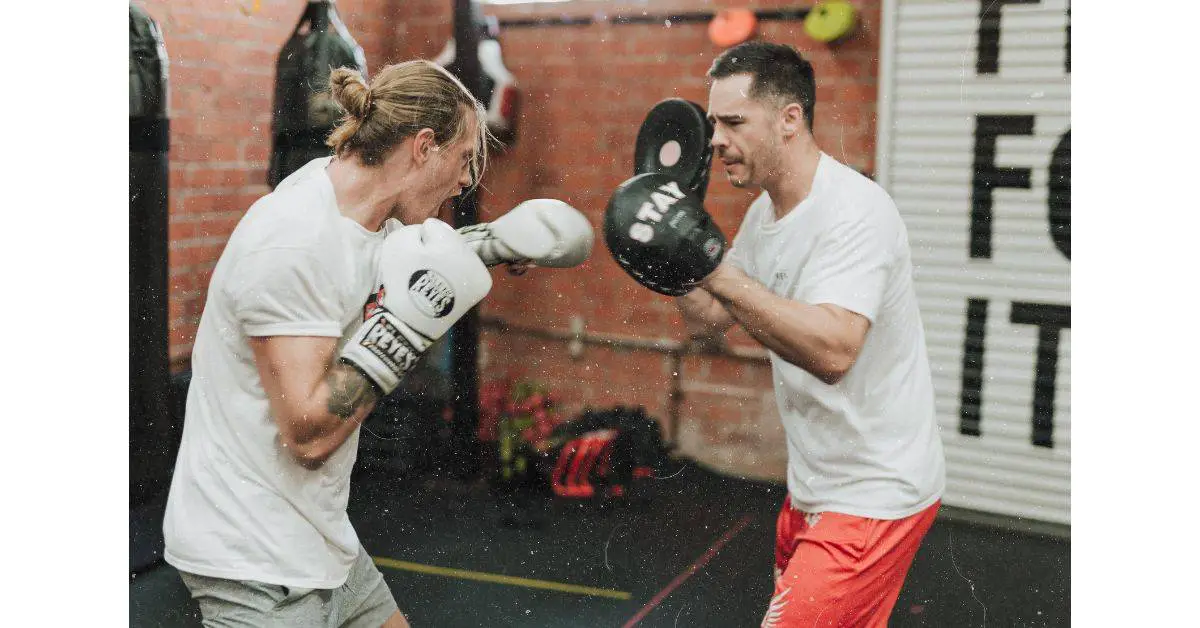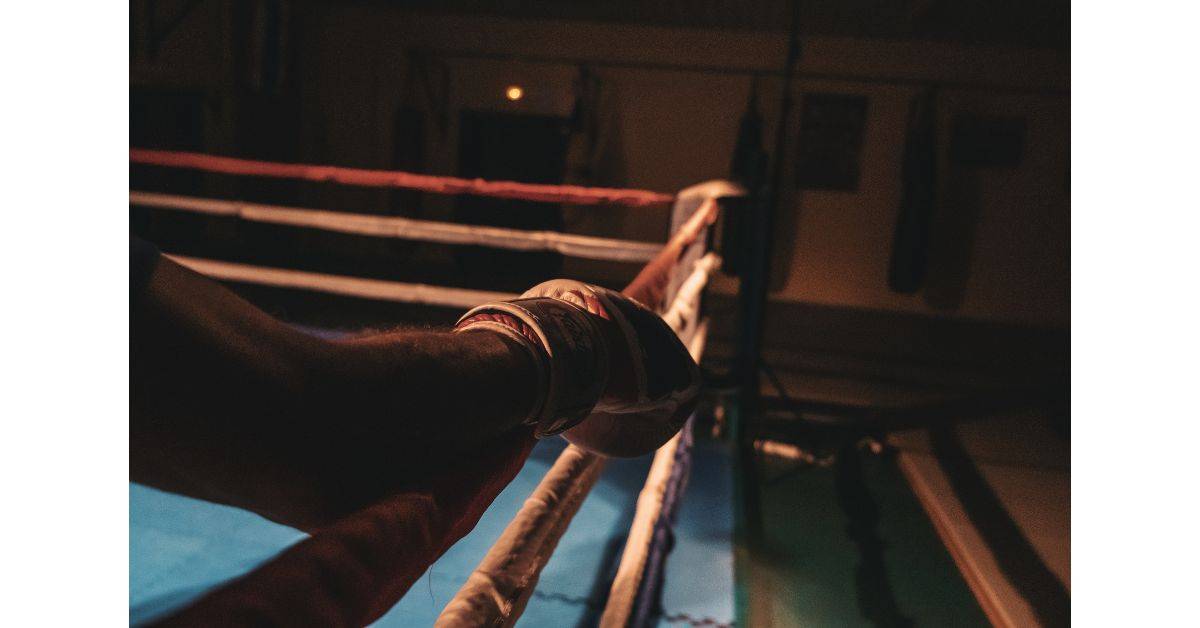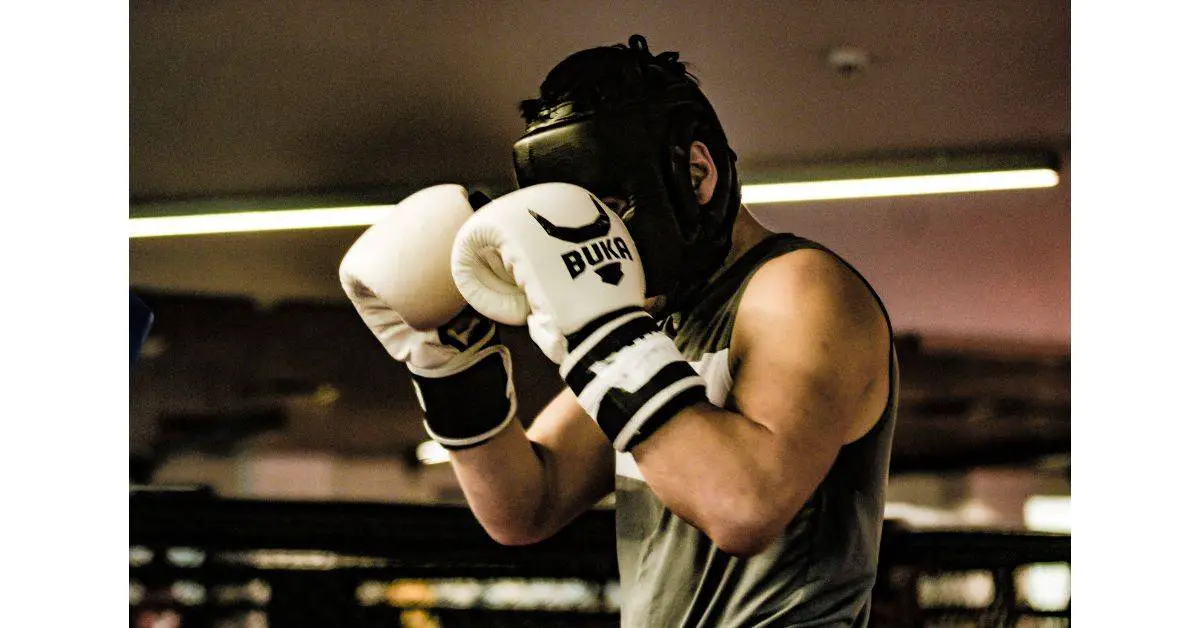Since the 1300s, individuals have trained in boxing for health and self-defense in England. During those hundreds of years, boxing had nothing to do with sports. Back then, people trained and competed in boxing for unarmed conflict; there was a parallel system for training with weapons.
Boxing teachers were Masters-at-Arms since people went armed in those days, and unarmed combat was a secondary defensive method.
You should compete in boxing because it’ll teach more than any training session. Your footwork will get better. You’ll pick up speed and sharpen your reflexes. You’ll engage in an excellent aerobic workout, which will help you learn and progress faster than other boxing participants—who aren’t willing to compete.
Also, you’ll get more certain; you go from sluggish and stocky to fast and shredded.
Although traditional English boxing progressively evolved into today’s international boxing after gloves became required, the technical foundation was distinct.
Any style of boxing is beneficial for training. It’s enjoyable, exceptional for keeping you in shape, and has great fighting relevance.
If you want to learn what is the purpose of boxing, follow the link to an article of mine on the topic.
Here’s why you should compete in boxing
Any fitness program with a competitive element has merit; as most people are naturally competitive, competition is a greater motivator for performance. This idea leads to why you should compete in boxing.
When you compete in boxing, you’re preparing your body for a test to see whether you’re getting better. Your progress is observable, and you know your weak and strong points. Boxing develops mental toughness because of the sport’s nature. You build up confidence, tenacity, and focus on competition, easily engaging in combat.

Competing in boxing gives you the comfort of knowing that you can still punch and have it count—or dodge a punch before fleeing and calling the police if that’s your style. You’ll be more prepared to react to violence as you feel right if you’re comfortable throwing and avoiding blows.
The benefits of competing in boxing
Everyone can benefit from competing in boxing. It opens up a new realm of fitness for trainees. Boxing training is a crucial component of health and wellness. You’ll feel healthy and work your muscles and mental mind.
The benefits of competing in boxing are; you learn quickness, an ability that will increase your chances of winning in the ring. You know to move more quickly than your adversary. You improve your punching power and accuracy. Likewise, you strengthen your defense when you’re in the ring; you must always be prepared to defend yourself.
Your intelligence, discipline, training, and bravery all greatly improve. When two talented boxers spar in the ring, the key is to apply a plan and play to your strengths while exploiting the shortcomings of your rival.
When competing in boxing, you develop tactics that will enable you to perform at a very high level and anticipate your opponent’s actions in the ring.
You are not giving yourself the best chance to win if you are not planning four or five moves, as a chess master would. You must comprehend what your adversary is attempting to accomplish to perform at your best, and competing in boxing teaches you how.
#1. Progress is observable.
Traditional fitness growth is monotonous in many respects. Although being able to run a marathon is fantastic, the transition from couch potato to super-marathons isn’t fascinating. You’ll notice that competing in boxing improves your reflexes, makes your punches heavier and improves your footwork. You develop speed and agility.
A speedy athlete can pick up the abilities needed for a successful boxing career in the ring. Every time a boxer steps into the ring, he risks being seriously injured due to a lack of speed. Your punching precision becomes more accurate as you must knock down a moving target in boxing.

If your punch connects, it gives you confidence and weakens your adversary. Punching strength doubles
But it’s not about going to the gym and lifting weights or doing a specific fitness routine. Timing, synchronization, and seeing an opening are key. All of these happen in a boxing competition.
#2. Self-defense
You prepare to defend yourself when you’re in the ring.
You stop your opponent from using powerful blows, you dodge or block these punches, and you can develop a formidable defense. When you are engaged in combat, you watch everything your adversary does.
Once you know your opponent’s patterns, you can use defensive strategies to deflect their blows before launching your attack. This allows you to face an opponent in real life when they launch an attack on you.
If you want to progress faster in your boxing journey, follow the link to an article of mine explaining how to do so.
#3. Mental training
A boxer develops his endurance by competing in boxing after going through several rounds. The performance of a superb fighter can last for 10, 11, or 12 rounds. He must be in exceptional shape, necessitating giving it your all in the gym.
A boxer trains consistently to develop the discipline required to succeed in the ring.
Hard training alone, however, is insufficient. To succeed within the ring, you must conduct yourself successfully outside it. So fighters learn to be mindful of their eating and drinking habits and take care to get enough sleep.
Also, fighters develop tactics that will enable them to perform at a very high level and anticipate what their opponent will do in the ring.
How painful and difficult is it to compete in boxing?
In the ring, it is challenging to enforce your will. If you are successful, you will have control over the ring, the action, etc. Pulling this off is challenging if your opponent is a comparable boxer. Even though you’ve trained hard, it can be challenging to endure the leg pain and weariness you experience in “only” three rounds during your first few fights.
It is challenging and painful to compete competitively in boxing. Trainees will encounter various challenges. But don’t give it any thought because doing so will only make you less successful. Unless you win by knockout, you’ll experience pain if you win. Counter, react, and follow the instructions given by your coach.

You’ll experience the pain of being tired, the pain of making contact, and the pain of pushing yourself past limits you never thought you could reach.
Boxing is a sport in which the challenge you are attempting to overcome also aims to defeat you. The best explanation came from Rocky: It’s not about how hard you hit. It all comes down to how much you can withstand while pushing forward after being smacked hard. That’s how you achieve victory!
Final words
Boxing requires a lot of tough training. How a boxer spar or competes depends on skill and experience. Beginners may not understand what veterans do. Who and how often the boxer spars or competes is also important. One session may be light work, another a war. Each session causes varying damage.
Therefore, young boxers need an experienced trainer to guide them—good trainers pair fighters and monitor damage. If the competition session becomes unruly, the trainer will intervene. He protects and teaches combatants.
Although training and competing are tough, the glory is entirely yours, so go ahead and compete. Pushing through the discomfort will help you reach your goals, whether to get in shape, lose weight, or win championships. After you’ve done that, nothing is out of your reach!
If you enjoyed reading this article, I also encourage you to read the complete guide to training boxing at home. Doing so will help you save money and progress outside your typical boxing gym.

